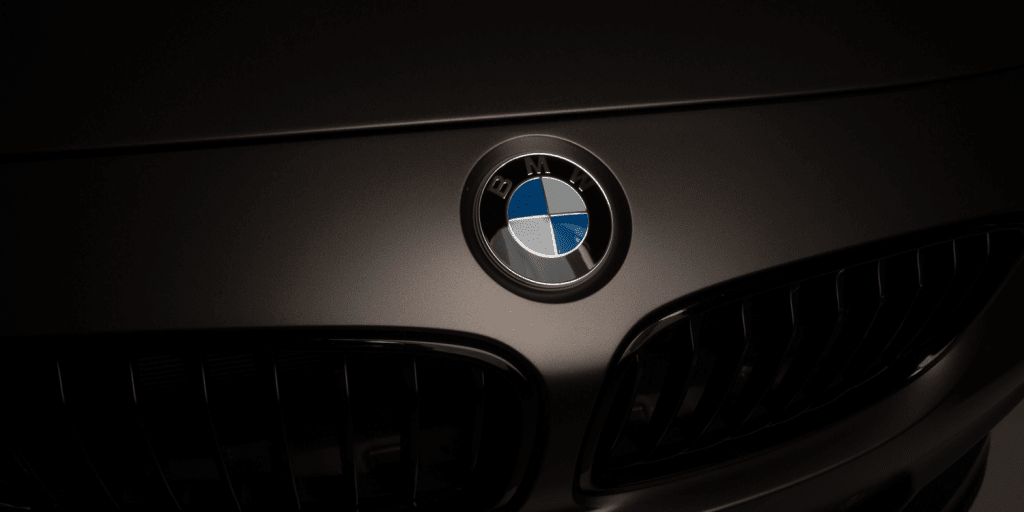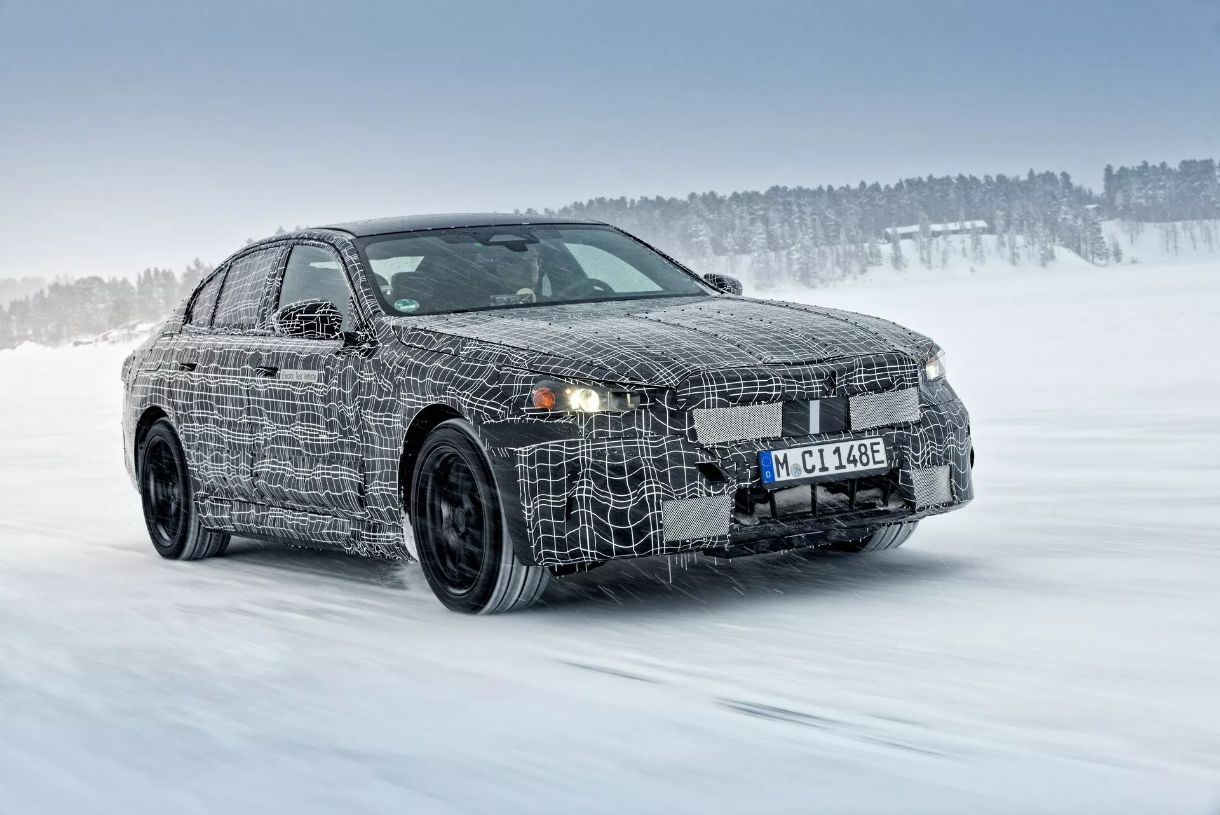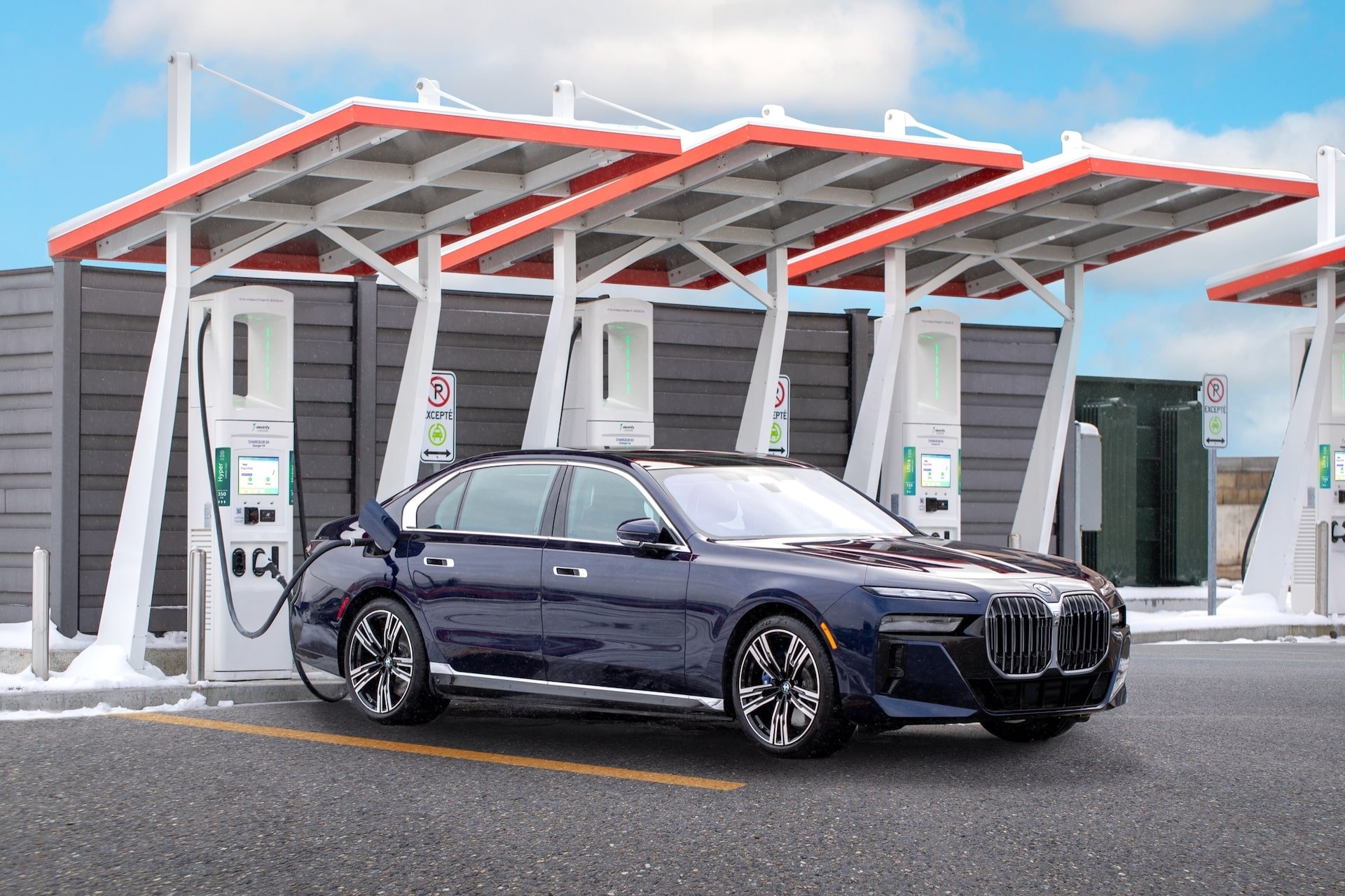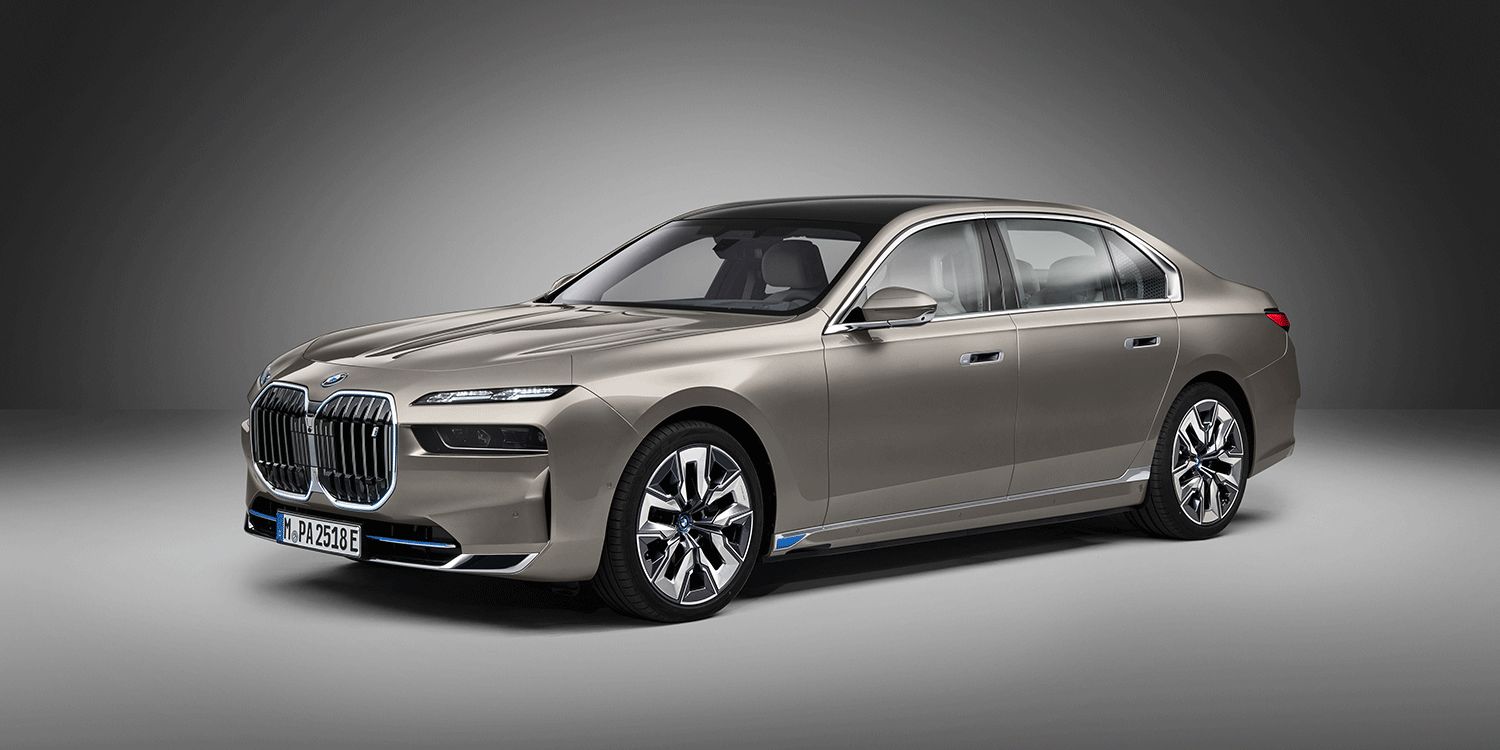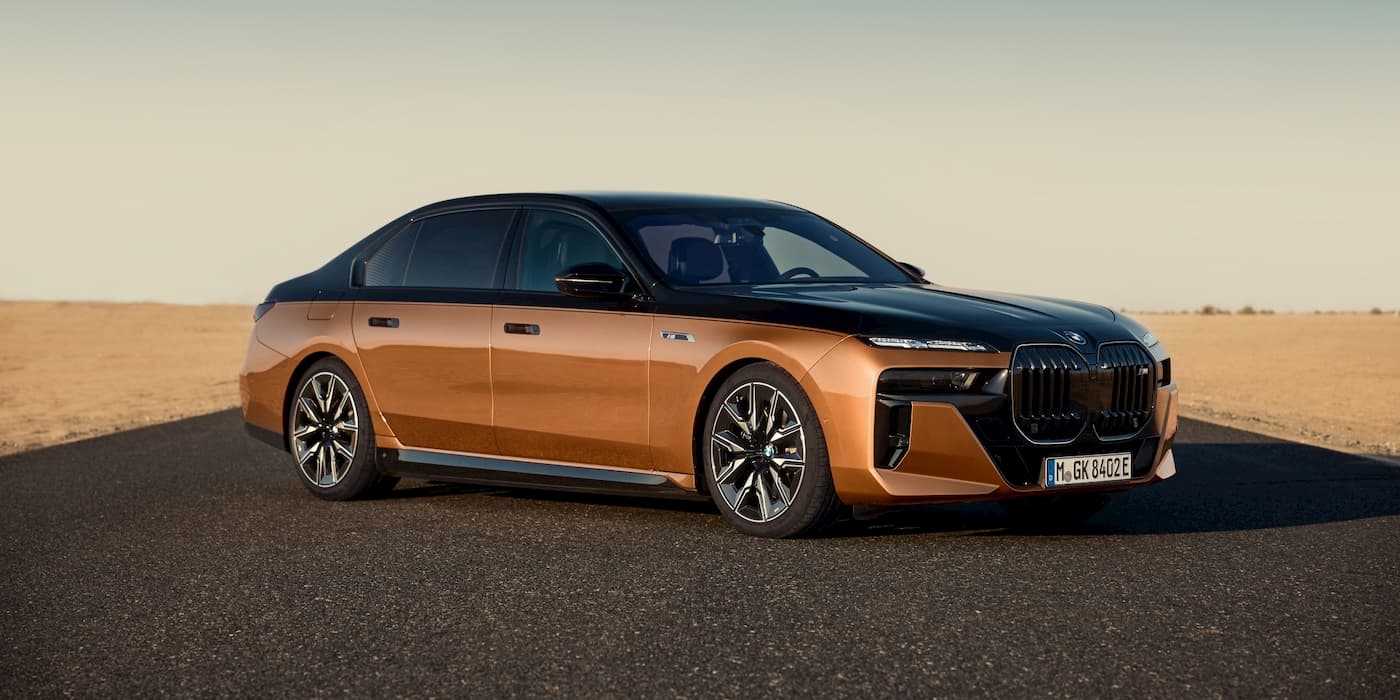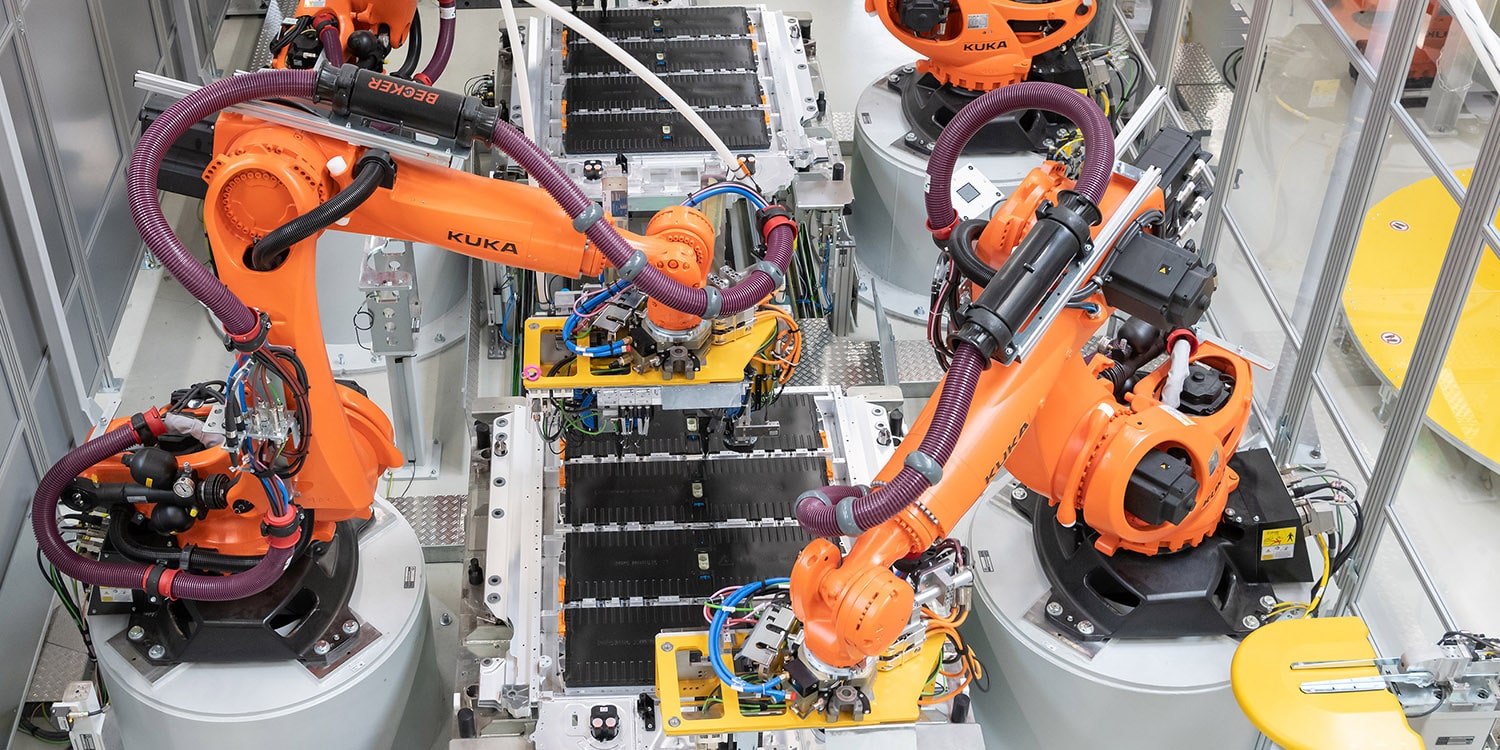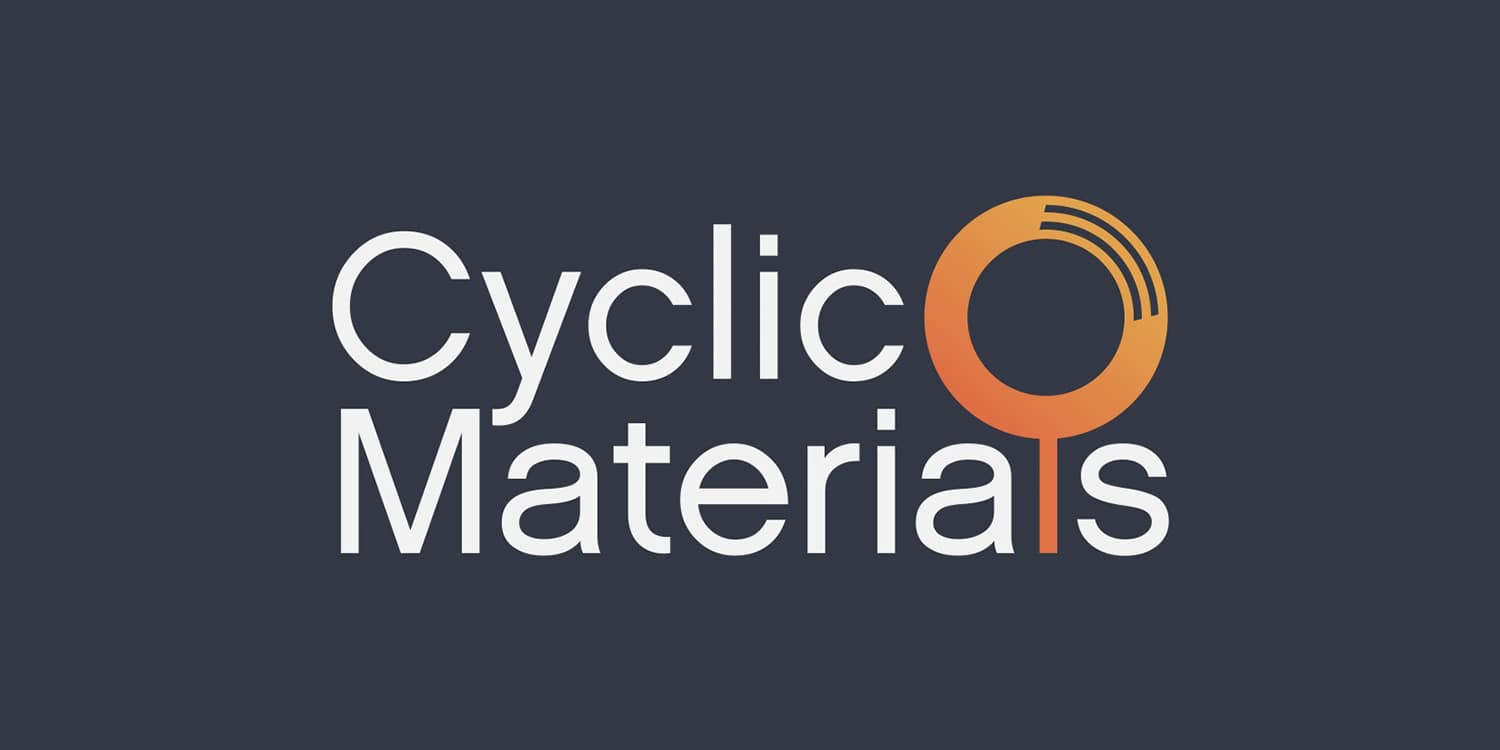BMW’s new electric sedans, the New Class, are set to feature round cells from Chinese supplier, Eve Energy, with a higher energy density than Tesla’s cells, according to a recent report by German technology news site Golem. The cells, with a format of 4695, are 15mm longer than Tesla’s cells with the same diameter, and are available in two variants with energy densities of 260 and 280 Wh/kg, compared to Tesla’s current 4680 cells, which have an energy density of only 234 Wh/kg.
“This would mean up to 19.6% more energy content per kilogram of battery for the BMW round cells,” writes Golem, adding that “using 4695 cells would enable the construction of an EV with a battery pack of the same length and width – but around 40% more range than with Tesla’s current 4680 cells.” The report explains that the improvement results from both the higher energy density and the additional height of the cells.
BMW has not disclosed the size of the battery pack that will feature in its new vehicles, but previous reports suggest it will have an energy content of between 75 and 150 kWh, depending on the model. The Eve Energy cells will offer BMW the ability to choose between two variants with quite similar energy densities, but with differing performance in charging and power output.
See also: EVE Energy to supply BMW with large Tesla-like cylindrical battery cells
BMW’s investment in Munich-based startup DeepDrive is expected to further increase the efficiency of its next-generation electric motors. The carmaker has also confirmed the construction of a new battery assembly plant in Lower Bavaria, which will supply high-voltage batteries to its plants in Munich, Dingolfing and Regensburg. Construction of the plant is scheduled to begin in early 2024.
In a presentation at the International Battery Seminar, Eve Energy explained that the version with 260 Wh/kg is able to charge from 10 to 80% in just 12 minutes and can also deliver 50% more power than the variant with 280 Wh/kg. The latter offers a higher energy density and more range, but requires 20 minutes for fast charging. BMW could therefore choose the right battery cell depending on the model, sometimes opting for more frequent but shorter charging stops and sometimes for more range with longer charging stops.
See also: EVE Energy Launches New Battery Plants in China to Meet Growing Demand
The round cells from Eve Energy could give BMW an edge over Tesla in terms of range, and it will be interesting to see how the carmaker utilises the different cell variants to maximise performance and efficiency in its new electric vehicles.

